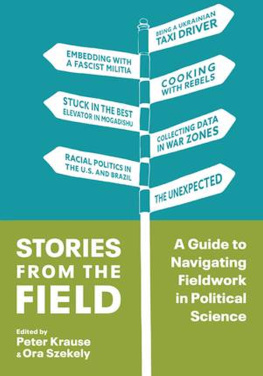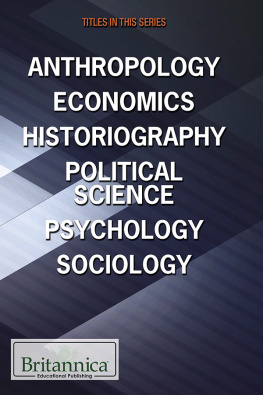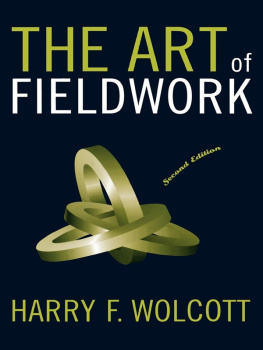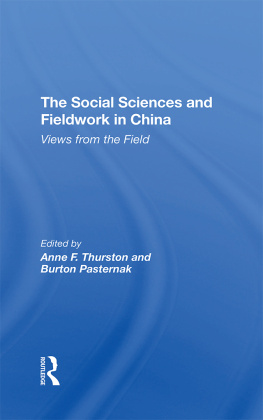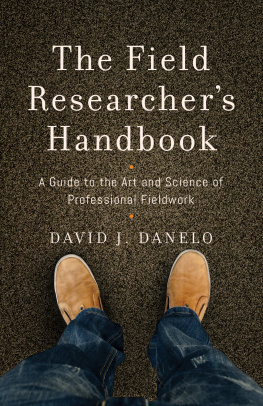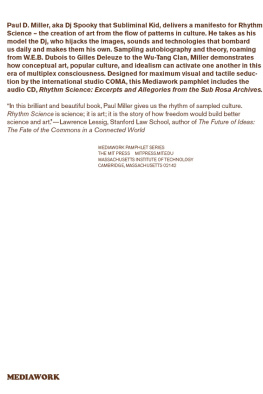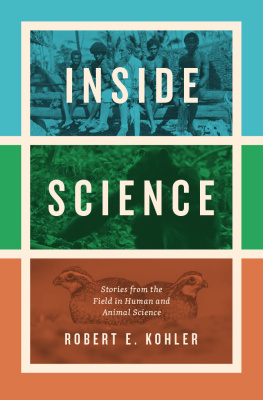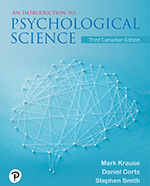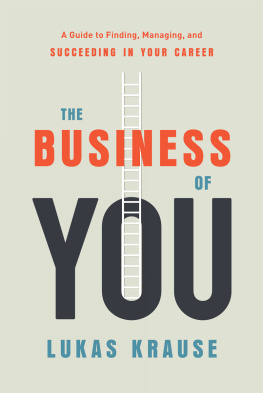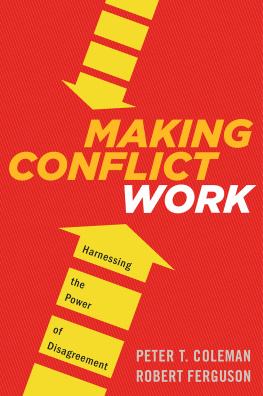Table of Contents
STORIES
FROM THE
FIELD
STORIES
FROM THE
FIELD
A Guide to Navigating Fieldwork in Political Science
Edited by Peter Krause and Ora Szekely
Columbia University Press
New York
Columbia University Press
Publishers Since 1893
New York Chichester, West Sussex
cup.columbia.edu
Copyright 2020 Columbia University Press
All rights reserved
E-ISBN 978-0-231-55010-9
Library of Congress Cataloging-in-Publication Data
Names: Krause, Peter, 1979editor. | Szekely, Ora, editor.
Title: Stories from the field : a guide to navigating fieldwork in political science / edited by Peter Krause and Ora Szekely.
Description: New York : Columbia University Press, 2020. | Includes bibliographical references and index.
Identifiers: LCCN 2019044327 (print) | LCCN 2019044328 (ebook) | ISBN 9780231193009 (hardback) | ISBN 9780231193016 (trade paperback) | ISBN 9780231550109 (ebook)
Subjects: LCSH: Political scienceResearchMethodology. | Political scienceFieldwork.
Classification: LCC JA86 .S796 2020 (print) | LCC JA86 (ebook) | DDC 320.072/3dc23
LC record available at https://lccn.loc.gov/2019044327
LC ebook record available at https://lccn.loc.gov/2019044328
A Columbia University Press E-book.
CUP would be pleased to hear about your reading experience with this e-book at .
Cover design: Nthabiseng Kamala
CONTENTS
PETER KRAUSE AND ORA SZEKELY
IAN S. LUSTICK
ZOE MARKS
RICHARD A. NIELSEN
STATHIS N. KALYVAS
CHRISTINA M. GREER
KRISTA E. WIEGAND
STEPHEN M. SAIDEMAN
FOTINI CHRISTIA
NADYA HAJJ
DANIEL N. POSNER
KRISTIN MICHELITCH
BETHANY LACINA
MATTHEW FRANKLIN CANCIAN AND KRISTIN E. FABBE
AMELIA HOOVER GREEN
JESSICA STERN
MARC TRACHTENBERG
LINDSEY A. OROURKE
KEITH DARDEN
MIA BLOOM AND AYSE LOKMANOGLU
VALERIE SPERLING
ROBERT ROSS
WENDY PEARLMAN
PAUL STANILAND
DAVID D. LAITIN
JOHN F. MCCAULEY
WILL RENO
AMANEY JAMAL
LAIA BALCELLS
ENZE HAN
MELISSA NOBLES
DESMOND KING
PETER KRAUSE
ERICA CHENOWETH
ZACHARIAH CHERIAN MAMPILLY
MARC LYNCH
ALESSANDRO ORSINI
EMIL ASLAN SOULEIMANOV
ORA SZEKELY
SARAH ZUKERMAN DALY
CARLA B. ABDO-KATSIPIS
RAVI PERRY
VIPIN NARANG
PETER KRAUSE AND ORA SZEKELY
A s with any bookand certainly any book involving 44 contributorsthere is a long list of people whose help and hard work we would like to acknowledge. First, we would like to offer our sincere thanks to the contributors to this volume. We are beyond delighted to have been able to share these insightful stories more broadly, and we are very grateful to our contributors for agreeing to share them with us. Academics are not, as a rule, particularly keen on explaining to the world at large how our particular brand of sausage gets made. Our publications are generally the perfectly pruned and polished final products of the research process, in which the years of sweat, uncertainty, and countless mistakes are barely visible. This book, we hope, will serve as a corrective and complement to this aspect of our discipline. We are deeply grateful that our contributors were willing to share some of the less glamorous parts of their lives as field researchers in the interest of encouraging readers who may think that their own struggles and doubts are theirs alone. As an added benefit, were also thrilled to preserve some frankly fantastic stories for posterity.
We are also grateful for all of the support we received in bringing this project into the world. We thank the Northeast Middle East Politics Working Group, where the idea for this book first arose and many of whose members were early supporters and contributors. We are thankful for the insights provided by two anonymous reviewers of the manuscript, who provided painstaking comments that greatly improved the book, as well as to the friends and colleagues of all of the contributors (including both of us) who read and offered feedback on the individual chapters. At Columbia University Press, our editor, Caelyn Cobb, was incredibly enthusiastic about this project from the beginning, and provided us with invaluable support through what was at times a logistically complicated process, as did her staff. (This was particularly true because we were both away on field research ourselves during the early stages of the project, and often in different time zones, making coordination even more challenging than usual.) Wed also like to thank Nthabiseng Kamala at Boston College Media Technology Services for helping to draft our cover design, all of the research assistants in the Political Violence Project at Boston College who edited drafts of the manuscript throughout the process, and the Clark University Political Science Departments Harrington Fund. We also want to acknowledge the families, friends, partners, children, and others who provide an important tether to home for researchers in the field. Their love and supportfrom Skype calls after difficult interviews, to cups of coffee provided while analyzing data at home, to those much-needed reminders to take a break and go for a walkmake all the difference. And of course, we want to offer our sincerest gratitude to our interview subjects, survey respondents, experimental participants, and all the other people who have shared their experiences, perspectives and expertise with us and our colleagues over the years.
Finally, wed like to end with a special note of thanks to those whose work makes our work possible: our fixers, translators, interpreters, drivers, security officers, research assistants, survey enumerators, and all of the other folks whose skill sets so often go unacknowledged but without which academic field research would grind to a halt. We cannot thank you enough, but we can commit to ensuring that your work receives the credit it deserves. As a first step in that process, this book is dedicated to you. Thank you.
Peter Krause, Boston, MA
Ora Szekely, Providence, RI
January 2020
PETER KRAUSE AND ORA SZEKELY
T his book began as a conversation during lunch at a small conference on Middle Eastern politics in May 2018. A group of us began swapping stories about our experiences doing fieldwork in countries across the region. Some stories were funny, some were shocking, and some were touchingbut the most striking thing was how readily each story led the group directly to asking questions, giving insightful advice, and sharing the kind of knowledge that can only be gained through hard-earned experience. In that moment, we felt that this type of vibrant discussion should not be limited to irregular, fleeting exchanges among small numbers of academics: Someone, we thought, should really be writing this down. That belief became the basis of the book you are now reading.
As we set about putting this book together, we were guided first and foremost by the belief that the best way to learn how to do fieldwork is to hear directly from those who have done it. Unfortunately, scholars rarely systematically share their personal stories and lessons in print, limiting their reach to conversations with trusted colleagues or words of advice shared with graduate students during office hours. This book pulls back the curtain, making available to all honest stories and insights from forty-four scholars who have made fieldwork a central part of their research.



